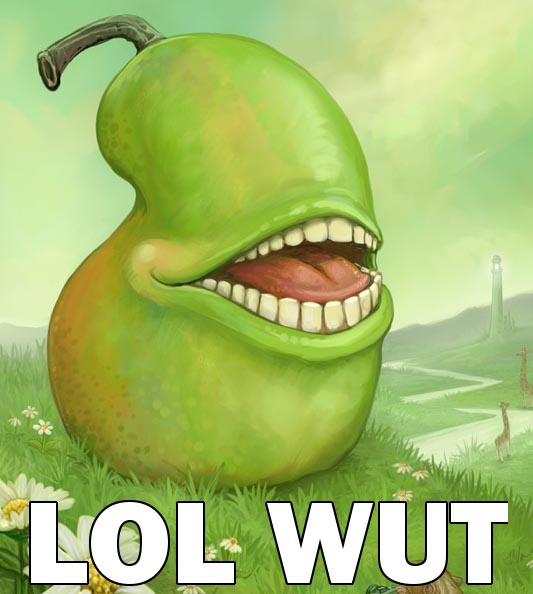So last week I got a bit heavy on you (although I really hope you watched those videos, and if you didn’t please go back and do so). This week I’m going to give you a bit of a reprieve with some lighthearted comedy:
This video made me laugh in ways that can only be described as indecent. Incidentally, if anyone is curious, I am totally the black guy at the end of the video. I’ve never been in a fight because everyone assumes that I can kick some ass.
Like this video? Follow me on Twitter!

